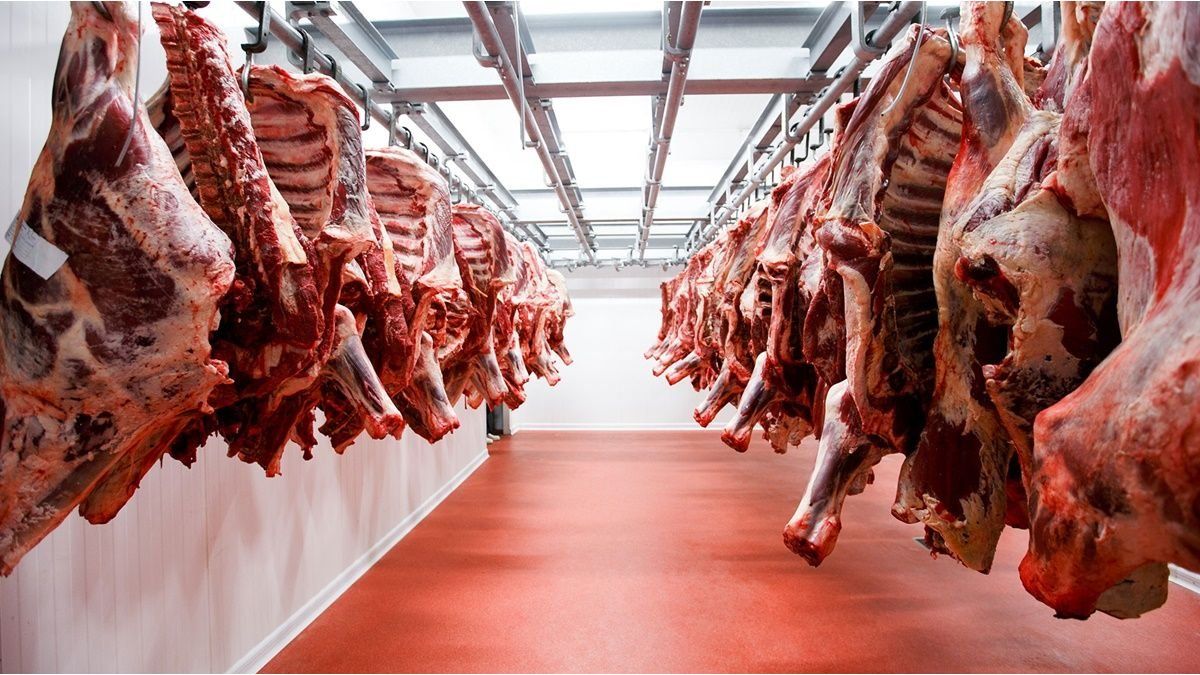The government of Chili confirmed on Thursday the Import suspension from Argentina of “all animals and products of animal origin, which must be fulfilled in their international veterinary certification with the sanitary requirement of free fever -free zone without vaccination, recognized by Chile or recognized by the SAG. “The measure was confirmed at the end of July, with the publication of the Exempt Resolution No. 5952/2025.
In detail, the decision of the trans -Andean country arrives in response to the decision of the Javier Milei government to enable the entry of reproductive material, meat and animal products susceptible to the fevering fever to areas of the country where the infection is controlled – not eradicated – by vaccination. It was formalized in June 2024 – promoted by the Ministry of Transformation and Deregulation of the State, conducted by Federico Sturzenegger – through Resolution 460/2025.
Chile will stop importing meat from Argentina
The Boric government He stopped recognizing numerous areas of the country as “free fever -free” And, consequently, it suspended the import of all animals and products of animal origin, “which must be fulfilled in their international veterinary certification with the sanitary requirement” confirming the absence of the aforementioned disease.
The resolution of the Government of Chile entered into force on July 30, 2025, after its publication in the Official Gazette.
RESOLUTION-N ° -5952-2025-FA-ARGENTINA-SUSPENSION
Chile made the decision in the middle of the debate in Argentina between the government and provincial producers.
In detail, the measure comes in response to the implementation of the Resolution 240/2025 In our country. The same enabled – after 22 years of prohibition – the entry of reproductive material, meat and animal products susceptible to the Aphosous fever to areas of the country where infection is controlled by vaccination.
Argentine legislation was limited to certain specific courts, such as rib, roast and sternum. The cuts with long bones were excluded, such as the Osobuco or the spine with bone.
“The SAG was aware of the entry into force of resolution No. 460 of 2025 of the service National Health and Agrifood Quality (Senasa) of Argentina, in which the sanitary conditions for the entry of reproductive material, meats with bone and meat products susceptible to the Aphyosa fever (FA) are established, from the free fever -free areas with vaccination to the free fever -free areas without vaccination, within the Argentine territory, “they detailed in the Chilean measure.
In that sense, they detailed that “the above represents a change in the conditions presented and evaluated by the SAG, which granted the recognition of free fever -free zone without vaccination, through the Exempt resolution No. 6,985 of 2008, which recognizes in the Republic of Argentina as free of the areas of the areas and in the manner indicated.” These modifications led to change recognition about Argentina and suspend imports.
Deregulation in Argentina
Currently, Argentina is a country free of Afitase fever, and presents four (4) free zones of that disease. Three of them without no vaccination – Patagonia (Unification of Patagonia Norte B and South Patagonia), Patagonia Norte A and the valleys of Calingasta – and one with vaccination (unification of the north central areas and border cord), recognized by the OMSA, which together comprise the entire national territory.
Given this, the Government promoted the enabling of the entry of reproductive material, meats and meat products susceptible to the Aphosous fever to areas of the country where infection is controlled inoculation. In addition, resolution 460/2025 determined the entry requirements for these products.
NOTICE_327587
The resolution that raised the ban.
Official Gazette.
In March of this year, the debate was in the center of the agenda when the National Agrifood Health and Quality Service (Senasa) He resolved to extend for 90 days the flexibility of the health barrier that prevents the entry of meat with bone to Patagonia from regions of the country where he is vaccinated against foot and feverose fever. The measure was formalized through the Resolution 180/25.
The decision reactivated the discomfort of Patagonian governments and producersthat from the first moment they expressed their rejection of the possible health risk that would imply the circulation of meat from areas where the footbrew is not eradicated, but controlled by vaccination. Patagonia, on the other hand, has international recognition as a free zone of the disease without vaccination, which gives it a key competitive advantage in international markets.
One of the toughest pronouncements came from the governor of Río Negro, Alberto Weretilneck, who described the resolution as “totally unknown, arbitrary and unitary. ” In addition, he warned that the measure “puts the international recognition of Patagonia at risk as a free fever -free zone without vaccination.”
From the Provincial Agrarian Council of Santa Cruz they also rejected the extension, arguing that the temporary suspension of the measure “does not grant guarantees ” and reaffirmed their commitment to continue defending the sanitary status that distinguishes the region.
Flexibilization implies authorizing the entry of meat with bone from areas where vaccination against Afitase fever is mandatory, something that until now was prohibited for health reasons. Although Senasa say that the risks of contagion are “insignificant”Patagonian provinces argue that even minimal pollution could lead to the loss of international health status, with severe economic consequences for producers in the south of the country.
Source: Ambito




